What you’re missing when you try speaking to animals about behavior problems
There’s an excellent chance that you don’t communicate with animals as clearly as you think you do.
I got to thinking today about times when I’ve coached private clients and animal talk students who would get so annoyed because when they tried to communicate with their animals about stopping an annoying behavior, but their pet didn’t change.
In their mind, they’d been very clear about what they wanted their pet to do.
“Stop jumping up on people!”
“Stop dragging me down the street on the leash!“
“Stop biting / scratching / walking over me, dagnabit!”
“Don’t go over the fence (or outside), it’s dangerous out there (Ms Kitty and Puppy Boy, I’m talking to you!)”
“You did not just growl/snap at that kid/stranger/visitor/grandma/me! We talked about this – Stop that right now!”
“Quit licking me! Argh”
“Please stop barking! You’re driving me crazy and the neighbors are complaining…”
“Stop spooking at nothing! What’s wrong with you?! Just do what I want you to do, when I want you to do it, okay?”
“Would you just eat your food, already? Why are you so picky, I paid a lot of money for that food.”
And so on…
From the human’s perspective, that seemed very clear. A reasonable request.
What was their animal’s problem?
This led to my thinking about other, unrelated times when I got annoyed with others for not doing what I expected or told them to do.
Like, people at work not following my instructions for data entry.
Like, my husband when I asked him to pick up his tools, finish the “thing” he was working on, or clean up his space.
Like, the kids not taking their bath and going to bed on time.
Or leaving their toys and trash everywhere for someone else (me) to clean up.
Like, dirty dishes not taken back to the kitchen but being left for me to find days or weeks later with mold growing on them.
I’d internally rage about how incompetent they were, how they were deliberately trying to ruin my life, or mood…
It felt like my needs weren’t important to them, and how they didn’t love me because they didn’t listen to me?
I’m not proud to admit any of this!
But I finally realized that I played a huge part in what was happening, and how the animals responded.
It took having the shoe be on the other foot a few times for me to realize this and connect the dots.

Like, when I was riding my horse Taylor in a lesson and he wouldn’t pick up the left lead on canter. I got so upset! I just kept asking him to do it right, more and more forcefully, over and over and over and…
With our trainer there yelling at us for not doing it right.
Later when I calmed down and talked it over properly, Taylor told me that my intention didn’t match my actions. I thought I was giving him the right “cues” but in fact I was doing the exact opposite and blocking him from picking up the correct lead.
My bad.
So embarrassing…
I corrected myself, and he easily did what I’d been asking him to do once I got out of his way.
Much apologies and many carrots were owed to make that one right.
Like, times when people got angry at ME for doing things that I had no idea were against rules or boundaries.
Or when I was corrected for “mistakes” that I had actually been led into making because the leadership had been weak.
What I want to communicate here is that you don’t communicate as clearly as you think you do.
None of us do.
Communicating clearly and precisely is actually incredibly challenging.
That’s true of talking with people, and it’s especially true when you’re speaking to animals.
If your animal is misbehaving, there is something you’re saying, thinking, or doing that’s causing that to happen, or contributing to it.
Because your animals and other people are not stupid or clueless (although it can certainly seem that way at times).
They’re just as smart as you are. They feel, they remember, they understand the world in different ways than you.
And they’re responding to what you’re giving them.
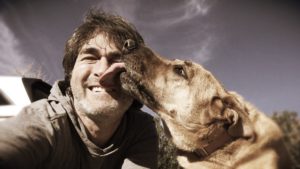
If you’re getting resistance and pushback and nothing changes, it’s because you’re communicating badly!
Which means you’re weren’t listening to them, answering their questions to their satisfaction so they can agree with you, or respecting their viewpoints and concerns.
Likely you thought “laying down the law” or telling them what YOU need would make them do what you wanted instead of what made sense to them from their viewpoint.
And besides that, you ignored your part in the equation (Human Animal BodyMind Connection) for how they are mirroring and reflecting you, your stress and your wounds.
And that’s a whole ‘nother topic beyond the scope of our chat today.
One other thing… you’ve been focusing on what you didn’t want, not on what you DO want.
You may have heard the saying “What you focus on expands?”
Your pet sees what you’re focusing on in your mind’s eye, and thinks you want more of that.
“Okay… if you secretly want me to jump / bark / growl / nip / etc, I can do that…”
Did you forget to be clear about what you really DO want?
They’re smart but how could they know what you really want unless you are clear about telling them that in a way they can understand?
Oopsie.
Honest mistake, but very confusing from the animals viewpoint.
Animal communication done right goes way beyond surface level.
I know this because I’ve been communicating with animals professionally, solving problems with pets with the 5 Step HEART System, and teaching animal communication students how to communicate with animals successfully since 1993.
The truth is that if people just follow the basic animal communication tips of “tell them what you want” in a one-sided conversation, the animal is not going to suddenly change their behavior.

There are actually way deeper reasons why your animal doesn’t take these seemingly-simply actions to behave better. It’s much deeper, and more nuanced.
Knowing these things will make the difference between being a so-so, frustrated, less than average animal caretaker/communicator and mastering animal communication, along with the gift of enjoying well behaved, loving, safe and trustworthy animal partners.
For instance…
They may know things you don’t know and aren’t aware of, like…
That person they growled at? They may have bad juju, are thinking about hurting you, or they are alarming in some way that makes your pet feel uncomfortable, anxious, stressed.
So they are warning them to stay away.
OR, YOU don’t feel safe with the other people, your stress level goes up, you stop breathing with anxiety or fear, and so they feel the need to act out to protect you.
Your energy and body language, even if subtle or unconscious, is telling them to do that.
And if we looked closer and asked them, we’d also find how you’re rewarding the behavior, because your animal knows.
Behavior that persists is being rewarded. That’s true of people and animals too.
So…
What about that person they keep jumping on? What you don’t know is that that person loves it when the animal does that, and encourages and even rewards the behavior in some way.
Or maybe the person really needs more love and connection, because they feel lost or lonely or disconnected or depressed… and when you pet greets them with such abandon and obvious delight, it feels like a soothing balm to their spirit.
When they drag you down the street? You let them, so it must be okay. You must want them to lead you, not escort you.
Maybe you let them lead you in other ways at home too, or tell them they’re in control in many subtle ways you don’t even realize. Why not out on walks too?
They often will bite, scratch, or invade your personal space because you are invading their space and haven’t set clear boundaries in the first place.

You’re not listening to them when they try to talk to you…, or you’ve exceeded their tolerances in some way and they’re trying to give you a wake up call to pay attention, dummy!
When Ms Kitty leaps over the fence to go on a grand adventure, she’s following the call of the wild and honoring her need to explore her world. She smells things you don’t, and hears things you don’t.
Does she know what danger is from your perspective? What you’re afraid of?
Has she agreed to not go over the fence no matter what? No, she hasn’t.
Animals lick humans for many reasons, including lapping up our skin salt, oils and pheromones, or they think we need grooming, or ingesting your scent so intimately is comforting…
Barking? What specifically are they barking at and why is that important to them? What do they hope to accomplish by barking? Until you know that, just “barking” back at them to shut up won’t help.
Horses (and kitties and dogs too) don’t just spook at nothing without reason. One show horse who wouldn’t go into a certain area of the arena told me he saw ghosts there who told him to stay away.
What does your animal know or sense or perceive that you do not? Find out.
Healthy animals don’t normally not eat food, there is a reason why they are picky. Their liver or kidneys aren’t good, their digestion is failing, they’re sick, they have pain (ulcers? tumors?), tooth problems, the food is bad (smells like chemicals or yucky bits), maybe it’s making them sick or they feel nauseous, they have headaches…
There’s one more reason animal’s behavior doesn’t change when you try to communicate with them.
You aren’t connecting properly in the first place.
You didn’t explain the best case scenario and the worst case so they can understand what you know that they don’t and why this is important, to them as well as you.
Or, they didn’t agree with you, and you didn’t stick around in the conversation long enough to find out why so you could partner up to fix things together so you’re both happy.
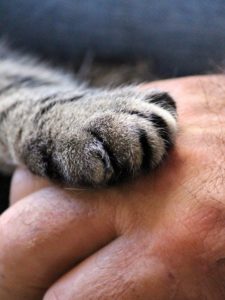
Once you do that?
Ah! NOW you’re a team.
Now you’re no longer in conflict.
Now they see and know what to do, why to do it in a way that works for them…
They want what you want.
Their needs are met.
And now everything gets easier.
There’s a lot to learn if you want to communicate clearly once you get out of your human centered viewpoint.
When I first started solving behavior problems with animals, and teaching students how to do it too, I discovered that they always have very good reasons for their behavior.
Our job is to find out what those reasons are, and to learn how to communicate clearly in a two way, heart to heart, mind to mind conversation.
Starting with a love connection.
These are the complex issues that my clients and students work on. (and this is what I help them fix).
Imagine that. 😉
The thought processes I’ve described in this post are the kind that I take my animal talk students through in The Heart School of Animal Communication® courses and in the BEST Online Animal Talk Coaching & Mastery Club’s Live Monthly Group Q&A Calls (for Gold and Platinum members).
If you know what you want your animal to do but you’re not speaking to animals clearly enough to solve those problems, I help you to really pin down how to connect mind to mind, heart to heart…
From there let’s be clear on what exactly to SAY, HOW to say it, how to convey that as a message they can understand, and how to listen to your animal in return.
I also help you find what’s in the way from the Human Animal BodyMind Connection perspective so your pet doesn’t have to keep mirroring you or acting out your stress and imbalances.
Want more information about the Heart School online courses and Club?
I make this easy as 1-2-3 for big hearted, spiritually open animal lovers with The Heart Methods.
Beginners and advanced students – especially folks wanting to make animal communication your career – are welcome! Click HERE to start.
Be sure to pick up your copy of my free ebook to get started. Your animal needs you to speak their language sooner than later. They have a lot to tell you.
Download my FREE Ebook Hidden Secrets to Communicating with Animals – just click on the picture below!

If you’d prefer to work with me one on one, then click HERE to find out how I can help you solve the problems you’re struggling with quickly.
Be sure to leave your comment below!
Did you enjoy this article? Here are 3 more about speaking to animals that you’ll like:
4 Communication Styles to Listen With Your Heart, Not Your Mind
Speaking to Animals Changed My Life: The Day a Horse Spoke to Me
True Animal Connection Comes From Compassionate Communication

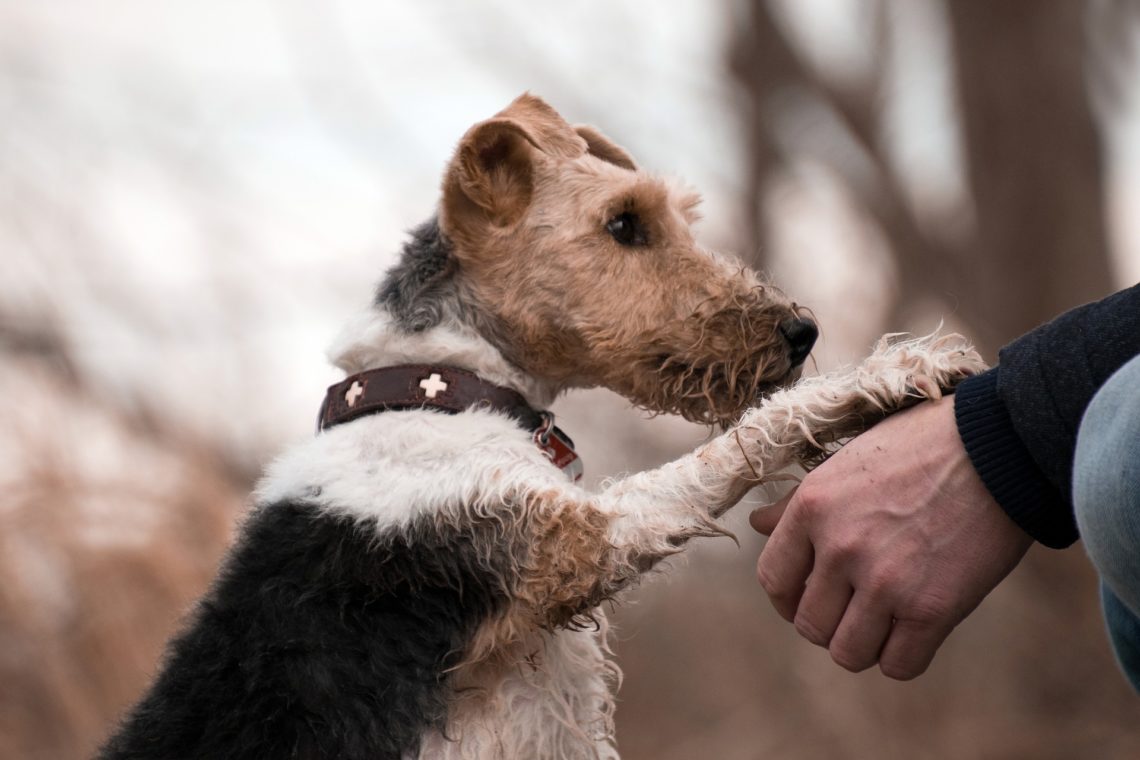
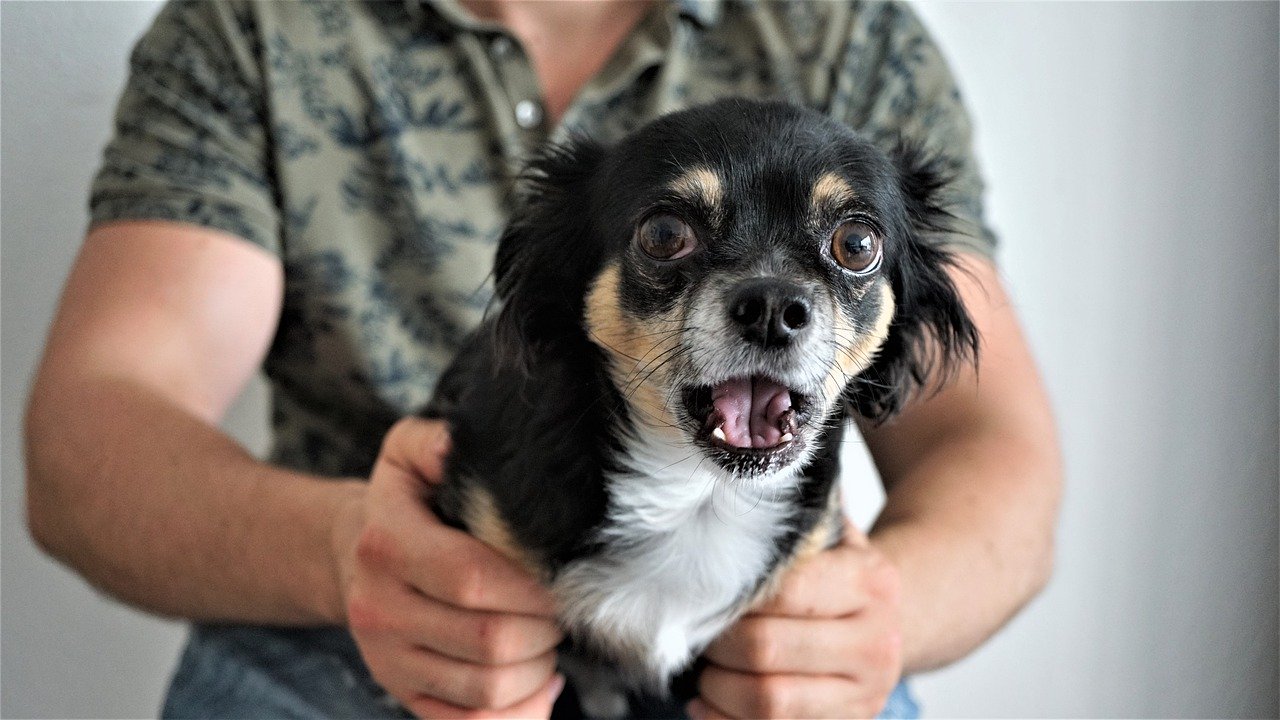
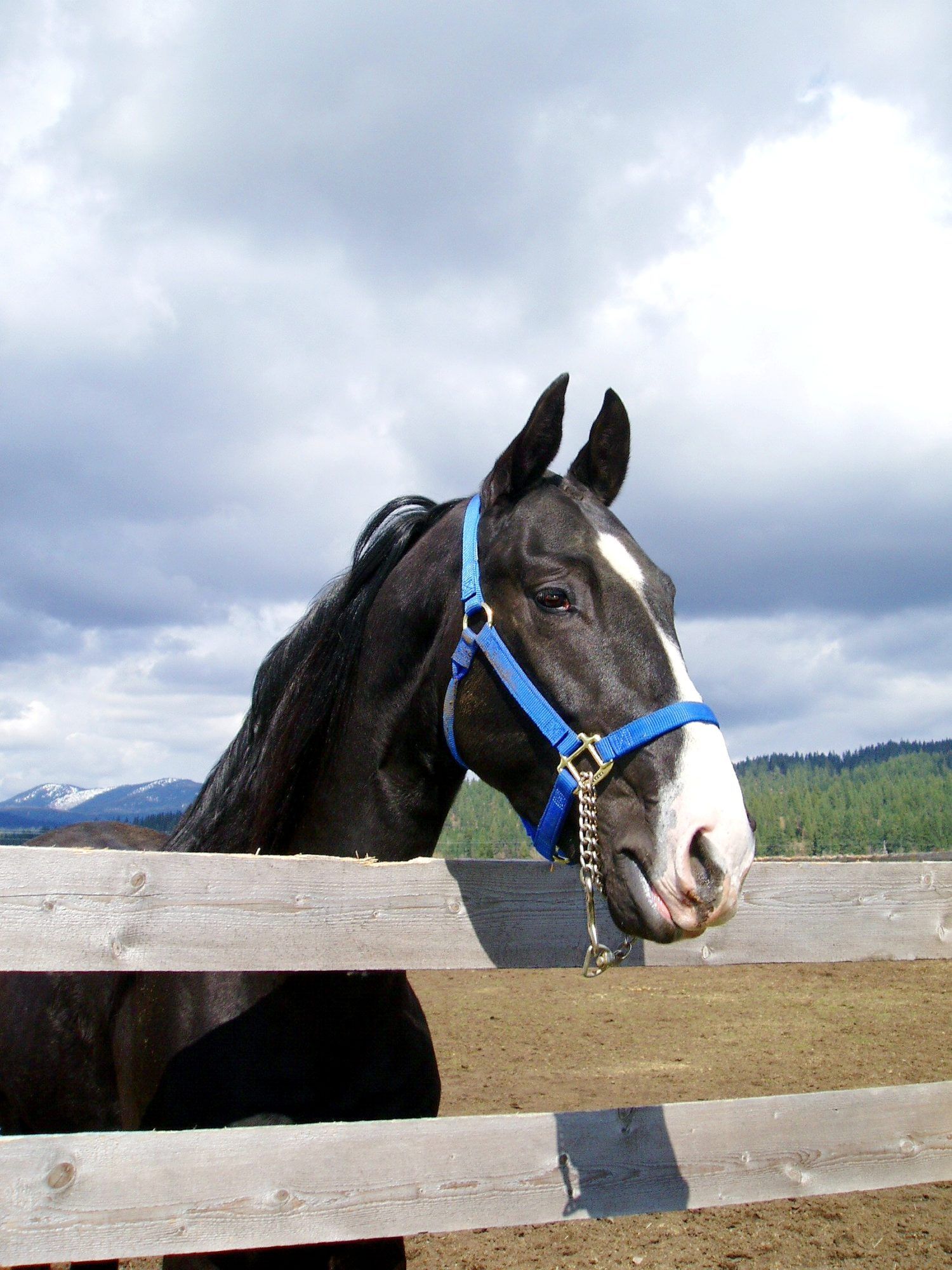
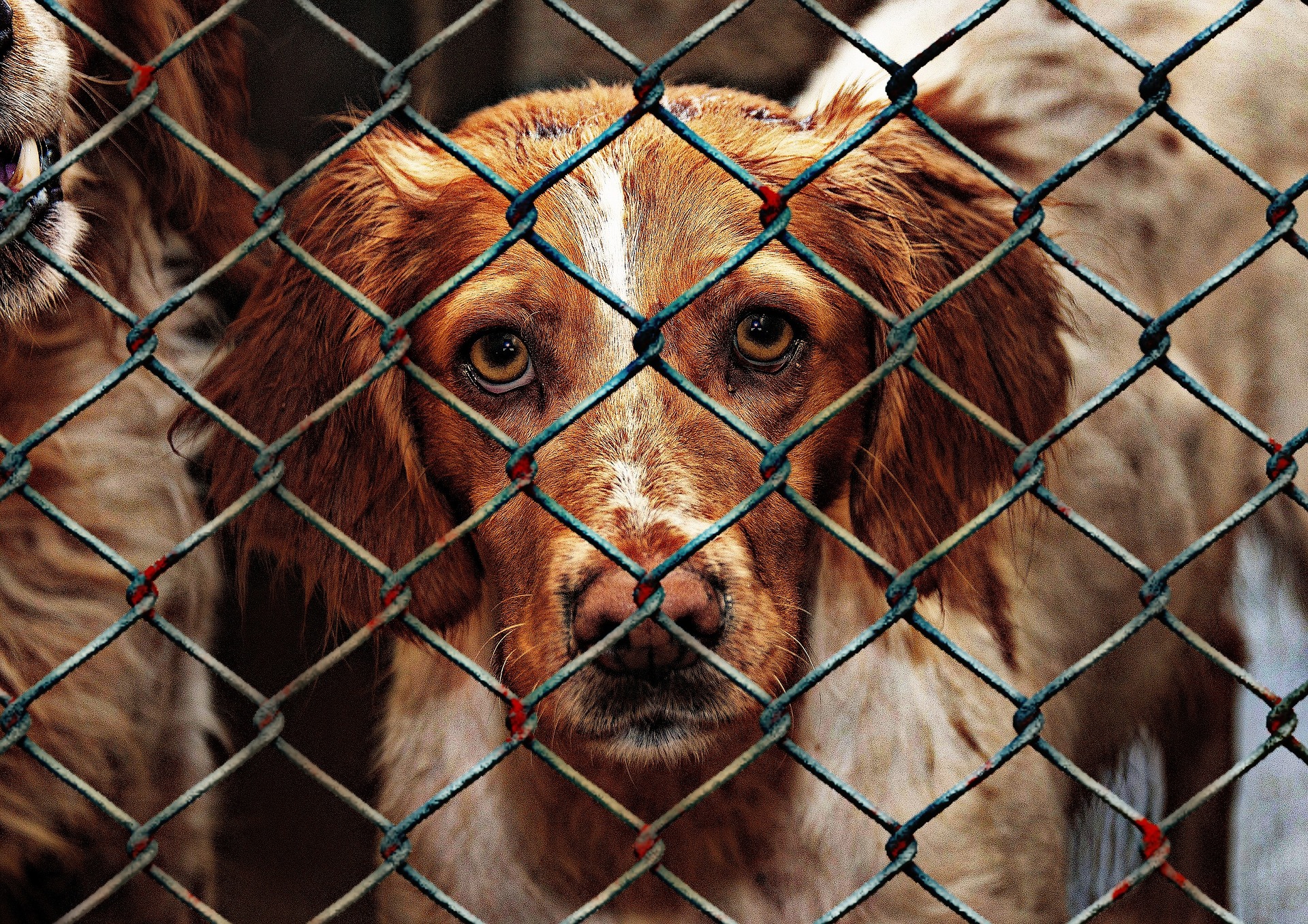
Leave a Reply